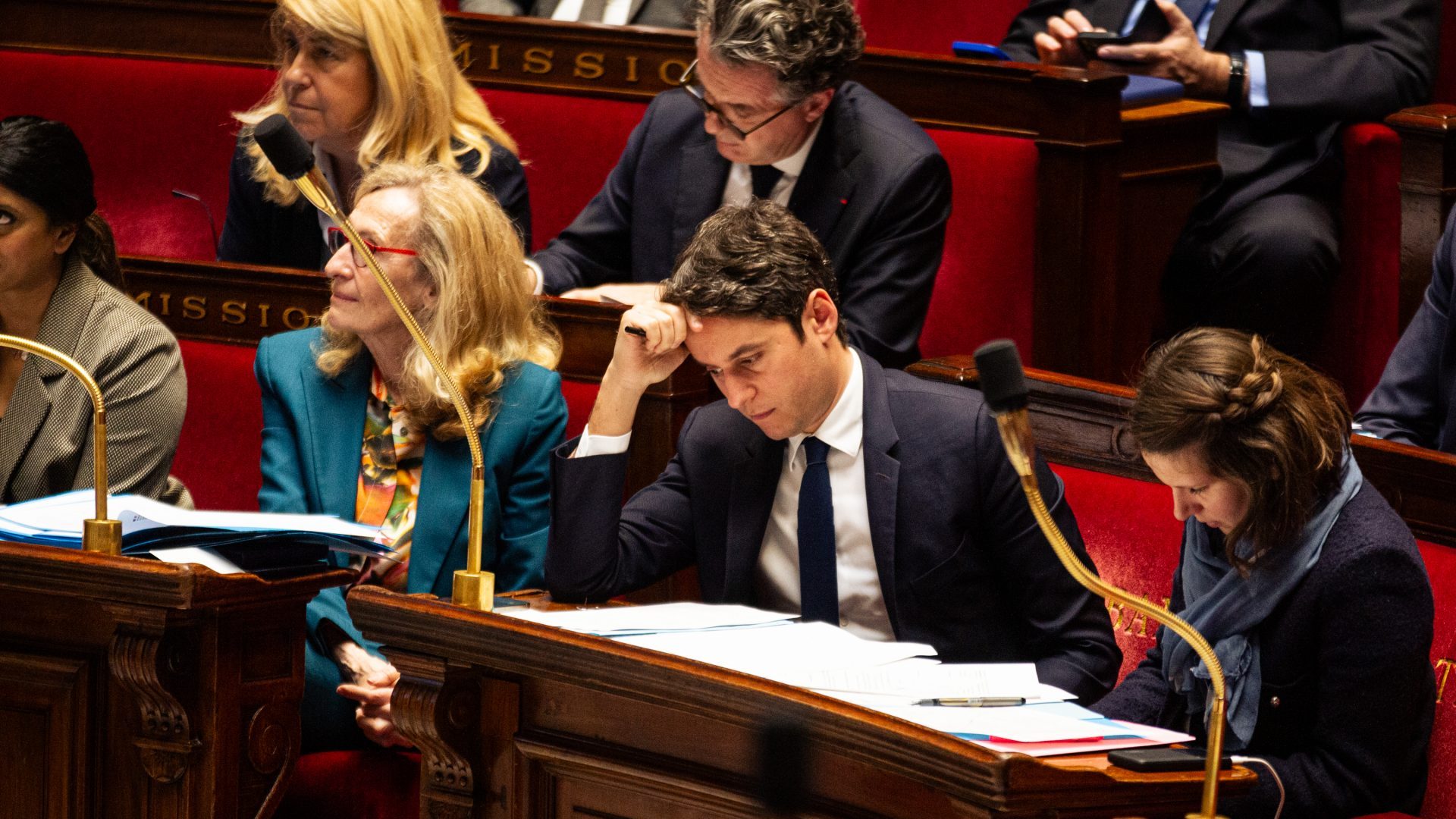For Britain’s 4.6 million private rental tenants, it looks like things can only get worse. Rents are soaring: they rose by an average of 6.2% last year, the fastest since modern records began. One in seven properties is unsafe.
Meanwhile “no-fault” evictions by landlords are driving a rise in homelessness: the total shot up by 14% last year, with 279,000 people in England alone now living in temporary accommodation.
And all this is happening while the economy is stagnating. If, as Labour promises, there is an investment-led return to growth in the mid-decade, then with low vacancy rates, insecure tenancies and inadequate social housebuilding, a recovery could – paradoxically – squeeze private tenants even harder.
Given the complexity of the private rental market – with some 2.8 million Brits earning money from rented homes – there is no magic bullet. But as Sadiq Khan looks set for re-election as London’s mayor, and Keir Starmer looks increasingly like a dead cert for prime minister, there will be a unique opportunity for major and immediate change.
Khan has long campaigned for the right to cap rents in London, where rental costs are becoming unaffordable even for professional families. Starmer, meanwhile, has pledged to give mayors and councils the power to set their own economic development plans, and to request greater powers.
With political willpower, 2025 could see London become the test bed for a new generation of rent control powers. But getting it right is crucial: the dangers of botched attempts to control the price of housing are acknowledged even by the charities having to deal with the human costs of homelessness.
The easiest form of control to impose would be a percentage cap on rises to existing rents. That would do nothing to remedy decades of overpricing, which has channelled the family incomes of renters straight into the pockets of both landlords and the buy-to-let mortgage lenders who service them.
If you combined that with a limit on rent hikes landlords impose when new tenants move in, and massively strengthened security of tenure, you could assert a basic form of price control.
But as the New Economics Foundation pointed out, in a 2019 report, there are numerous other building blocks needed to make this work: above all, there needs to be an open-access register of landlords, rented properties and the rents charged. And enforcement mechanisms, which are pathetic when it comes to rogue landlords, would need to be altered to empower the tenant, and properly resourced.
If you are thinking that even such a basic rent control system might trigger a mass exodus of landlords, dumping millions of shabby properties into the housing market while squeezing the poorest tenants out of the sector altogether, you are right. That’s exactly what the housing charity Shelter fears, and why it opposed Labour’s more radical rent control plans in 2017.
But there is a strong case for Labour to give Sadiq Khan the power to control rents. First, London is the epicentre of the rental crisis. London accounts for more than a quarter of all UK rental income for “unincorporated” landlords; and more than half of all those in England classed as homeless live in London.
Second, there is massive support among the electorate: 68% of those surveyed in London favoured rent controls, according to a 2018 survey.
Third, the housing crisis is destabilising the capital demographically, with schools now closing in inner London boroughs like Islington and Lambeth simply because families are being forced to move out.
The political economy of private renting is class war of a special kind. Rent control pits the interests of wage-earners against those of small landlords, and can be expected to trigger a right wing furore among the latter.
However, some of the biggest beneficiaries of rent control in London would be those in the outer London boroughs where, for example, opposition to clean air regulation has fuelled support for the Tories.
Rent control is not the only answer; nor is it the most pressing issue outside a few big cities. But if combined with an aggressive programme of social housebuilding, new rights for tenants and a kind of controlled implosion of the private rented sector in the capital, it could have immediate redistributive effects.
For most Londoners who rent, housing costs are their biggest monthly outgoing: these are typically young people, a fifth of whom last less than one year in the same tenancy. If landlords began to sell unwanted buy-to-lets, that, in turn, would depress house prices and allow families and young couples in the capital on to a housing ladder that is, today, unattainable.
At a UK level, much of the housing inequality will have to be solved by building more homes. James Ball, in these pages, has rightly slammed those who say there are already enough. But in a market like London, saturated with inequalities of power between the tenant and the landlord, simply building more properties will not, on its own, bring rents into line with salaries.
And there is one more reason for Labour to unleash a rent control revolution in London: Sadiq Khan believes in it. Politicians don’t often get the chance to do something big, effective and socially just.
But Khan is that rare political leader who has combined pragmatism with vision: add in some actual powers and he could pioneer social change and income redistribution on a scale that could grab the attention of the world.




